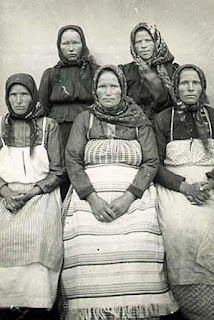Wikipedia uses blue links to maneuver between its articles. When there is no article it is called a "red link". This text based functionality works reasonably well but it has important limitations.
- article names are constructs that makes them unique
- disambiguation pages need to be maintained
- there are false positives linking to the wrong articles
When you know your Wikipedia history well, one of the most effective innovations was to remove the interwiki links from the Wikipedias and replace them with links to Wikidata. Wikidata makes use of identifiers and as a consequence the change of an article name has no effect, this ensures that articles on the same subject remain properly linked.
The Wikidata project uses the Wikibase software and this enables the "federation" of multiple databases. This means that data may exist in multiple databases but it all work together.
Suppose that you replace both the blue links and the red links in a Wikipedia with identifiers of a separate Wikibase. Almost all blue links will implicitly be linked to a Wikidata item and Wikidata already knows about the relations between blue links it has items for. Consequently a Wikipedia Red&Blue Wikibase will be richly populated from the start.
Every Wikipedia remains autonomous and we keep it that way. But we DO know more at Wikidata because it is a superset of all Wikipedias. So when a Wikipedia knows about an award, so does Wikidata. When Wikidata knows about more recipients, it is suggested to include them as red links. It must be a suggestion because a Wikipedia may have another script, another naming convention for names and this has to be correct before it becomes available as text in the Wikipedia proper.
When a label is correct for a Wikipedia, it is obvious that there is to be a link to the item AND that the label can be used for that language as well. With 200+ Wikipedias enriching Wikidata in this way, both the multilingual and the multicultural quality & quantity of Wikidata will sky rocket.
- Wikipedias remain autonomous in their content
- Wikidata will progress from a technically multi lingual project to a functional multi lingual project
- Disambiguation will be technically available for all accepted Red&Blue labels
- Known relations with a reference will be available with a reference to every Wikipedia.
So what is not to like?
Thanks, GerardM



